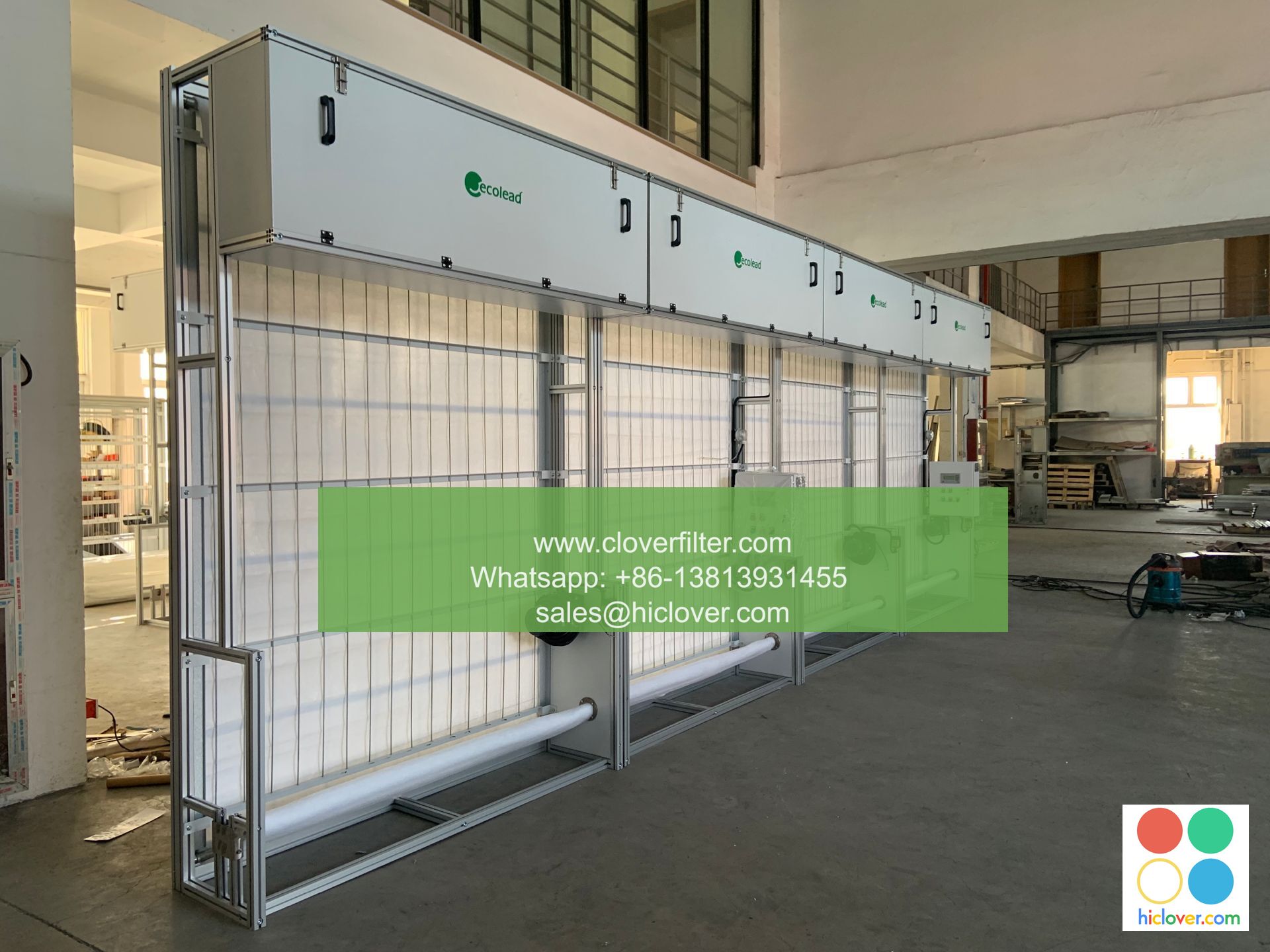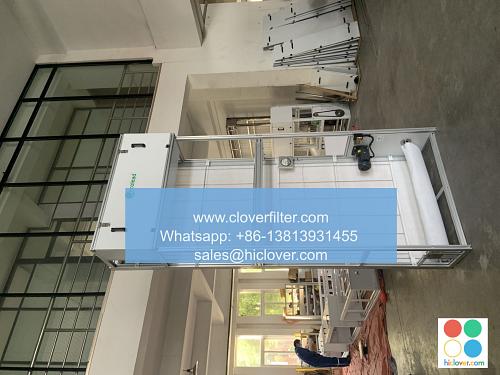The Role of Air Filters in Pharmaceutical Manufacturing Facilities

Pharmaceutical manufacturing facilities require a controlled environment to ensure the quality and purity of their products. One crucial aspect of maintaining this environment is the use of air filters. Air filtration systems play a vital role in removing contaminants and particles from the air, preventing pollution and contamination of pharmaceutical products. In this article, we will discuss the importance of air filters in pharmaceutical manufacturing facilities, highlighting their application in cleanroom technology, sterile processing, and quality control.
Importance of Air Filtration in Pharmaceutical Manufacturing
Air filtration is essential in pharmaceutical manufacturing facilities to prevent the introduction of microbial contaminants, particulate matter, and chemical vapors into the production area. These contaminants can compromise the quality and purity of pharmaceutical products, leading to product recalls, regulatory issues, and financial losses. Air filters help to maintain a controlled environment by removing airborne contaminants, ensuring the production of high-quality pharmaceuticals that meet regulatory requirements.
Application Areas of Air Filters in Pharmaceutical Manufacturing
Air filters have various application areas in pharmaceutical manufacturing facilities, including:
* Cleanroom technology: Air filters are used to maintain a cleanroom environment by removing particulate matter and microbial contaminants from the air.
* Sterile processing: Air filters are used to prevent the introduction of microbial contaminants into sterile areas, ensuring the production of sterile pharmaceuticals.
* Quality control: Air filters are used to monitor and control the air quality in pharmaceutical manufacturing facilities, ensuring that the air meets regulatory requirements.
Types of Air Filters Used in Pharmaceutical Manufacturing
Several types of air filters are used in pharmaceutical manufacturing facilities, including:
* HEPA filters (High Efficiency Particulate Air filters): These filters are capable of removing 99.97% of particles as small as 0.3 microns, making them ideal for use in cleanroom technology and sterile processing.
* ULPA filters (Ultra Low Penetration Air filters): These filters are capable of removing 99.99% of particles as small as 0.1 microns, making them ideal for use in high-containment areas.
* Activated carbon filters: These filters are used to remove chemical vapors and odors from the air, making them ideal for use in quality control areas.
Conclusion
In conclusion, air filters play a crucial role in maintaining a controlled environment in pharmaceutical manufacturing facilities. By removing microbial contaminants, particulate matter, and chemical vapors from the air, air filters help to ensure the production of high-quality pharmaceuticals that meet regulatory requirements. The application areas of air filters in pharmaceutical manufacturing include cleanroom technology, sterile processing, and quality control. By understanding the importance of air filtration and the types of air filters used in pharmaceutical manufacturing, facilities can ensure the production of safe and effective pharmaceuticals. It seems like you’re ready to start a conversation or ask a question, but you haven’t provided a specific prompt yet. What’s on your mind? Do you have a question, a topic you’d like to discuss, or perhaps something you’re curious about? I’m here to help with any information or guidance you might need!

